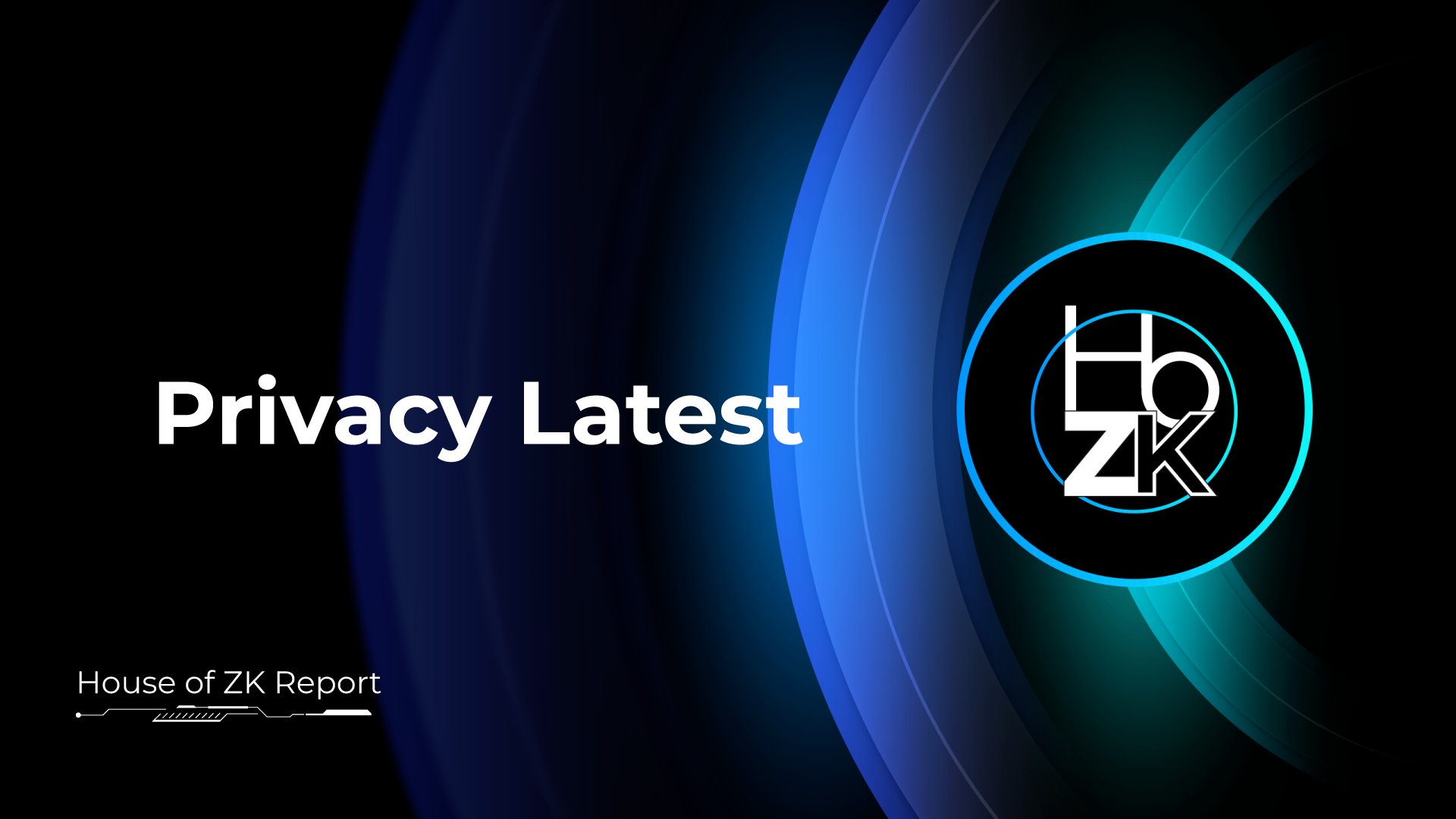
Here we report on the progress of the leading builders in the Privacy ecosystem, documenting recent significant releases, technical breakthroughs and general updates.
Featuring: @AleoHQ, @AutomataNetwork, @aztecnetwork, @horizenglobal, @0xHolonym, @MinaProtocol, @nym, @Rarimo_protocol, @selfprotocol, @TACEO_IO, @worldcoin, @Zcash, & @zkPass.

@AleoHQ founder @1HowardWu joined @JackNiewold in a recent @DecypherPodcast where they talked about crypto’s UX hurdles, Aleo’s private-by-default L1 with privacy, and why payments need private stablecoins: https://x.com/AleoHQ/status/1979265372714066194
Howard emphasized how institutions require confidentiality, positioning Aleo as complementary to @ethereum and @solana. He outlined priorities - wallets, stablecoins, and bridges - plus Leo developer tooling. The ambition: enable private smart contracts for payroll, trading, and RWAs to drive adoption.
Full podcast: https://youtube.com/watch?v=WMGNSstg39Q

Dev Tools
@AutomataNetwork has introduced tools supporting ERC-8004, a standard that defines trust among autonomous agents through feedback, validation, and hardware-based attestation: https://blog.ata.network/on-verifiable-tees-and-erc-8004-hardware-attested-agents-5ca60ff70c4f
Their SDKs, using @RiscZero and @SuccinctLabs proof systems, enable verifiable Trusted Execution Environments (TEEs) across major hardware platforms like Intel SGX, AMD SEV-SNP, and AWS Nitro.
The DCAP Dashboard automates onchain verification, reducing cost and complexity. Together, these tools create a verifiable, hardware-attested framework for secure agent operations within decentralized systems.
Partnerships
Automata has partnered with @brevis_zk to enhance privacy in ZK proving using TEEs: https://blog.ata.network/towards-private-proving-on-pico-prism-with-privacy-preserving-tees-86307ad63b0a
Brevis’s Pico Prism zkVM recently achieved 99.6% real-time proving coverage for @ethereum blocks, while Automata adds a hardware-based privacy layer. By integrating TEEs such as Intel SGX and the DCAP Dashboard for on-chain attestation, Automata enables secure, verifiable computation without exposing users’ private data.
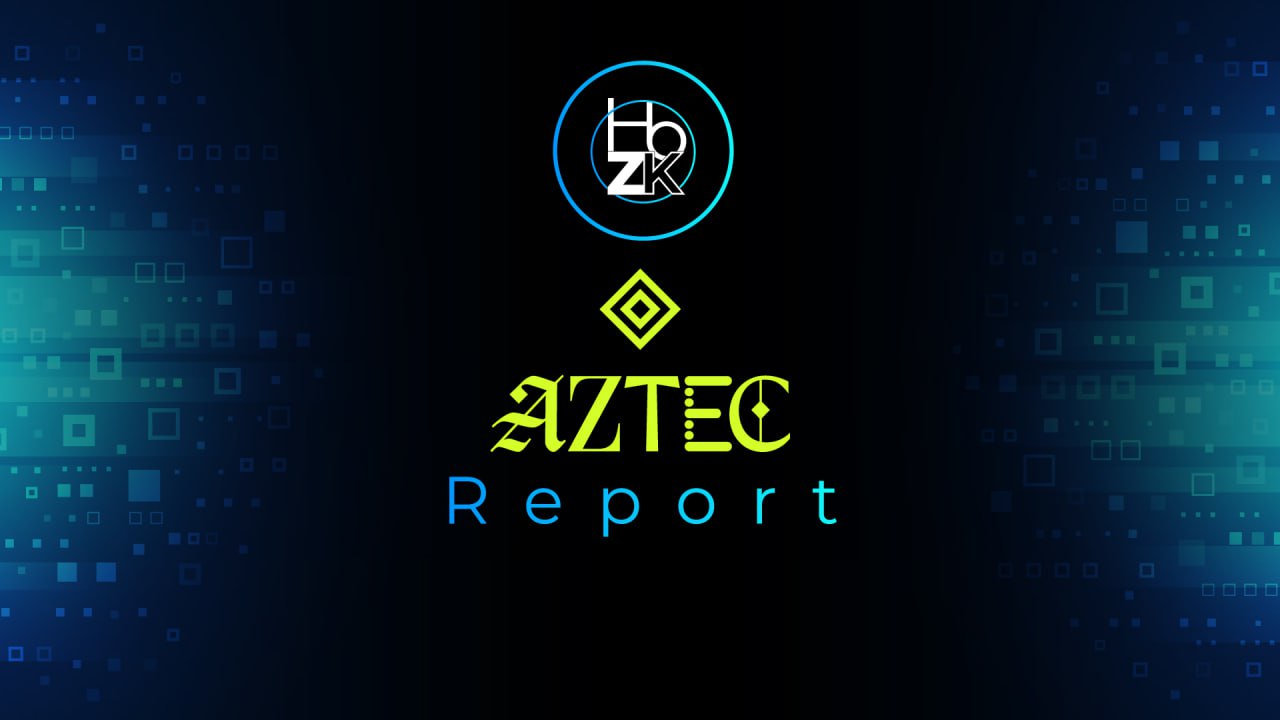
@aztecnetwork have published an article covering how private Over-The-Counter (OTC) swaps can be brought to crypto markets using its programmable privacy network: https://aztec.network/blog/bringing-private-over-the-counter-otc-swaps-to-crypto
The piece explains how current OTC trades leave visible traces on blockchains, exposing institutional strategies. Aztec’s new open-source system enables non-custodial, private swaps through smart contracts, “partial notes,” and atomic execution.
This allows traders to move large positions securely and anonymously, reducing market impact while protecting both trading data and participant identities.

@horizenglobal and @thriveprotocol announced funding for the next two projects advancing privacy and trust in digital advertising and DeFi social trading on the Horizen network:
• @AdPrivaAds: A user-owned ad ecosystem replacing cookies and tracking with privacy-preserving cryptographic proofs. Its consent-based proof engine uses ZK proofs anchored on-chain to verify genuine human attention and reward users while ensuring transparent, fraud-free advertising: https://x.com/horizenglobal/status/1980720229568115145
• @UseObscura: Building the Verifiable Reputation Layer for DeFi, Obscura enables traders to prove performance without exposing strategies using zkSNARKs and TEEs. It brings privacy-preserving reputation and trustless social trading to the Horizen ecosystem:https://x.com/horizenglobal/status/1978184177783836841
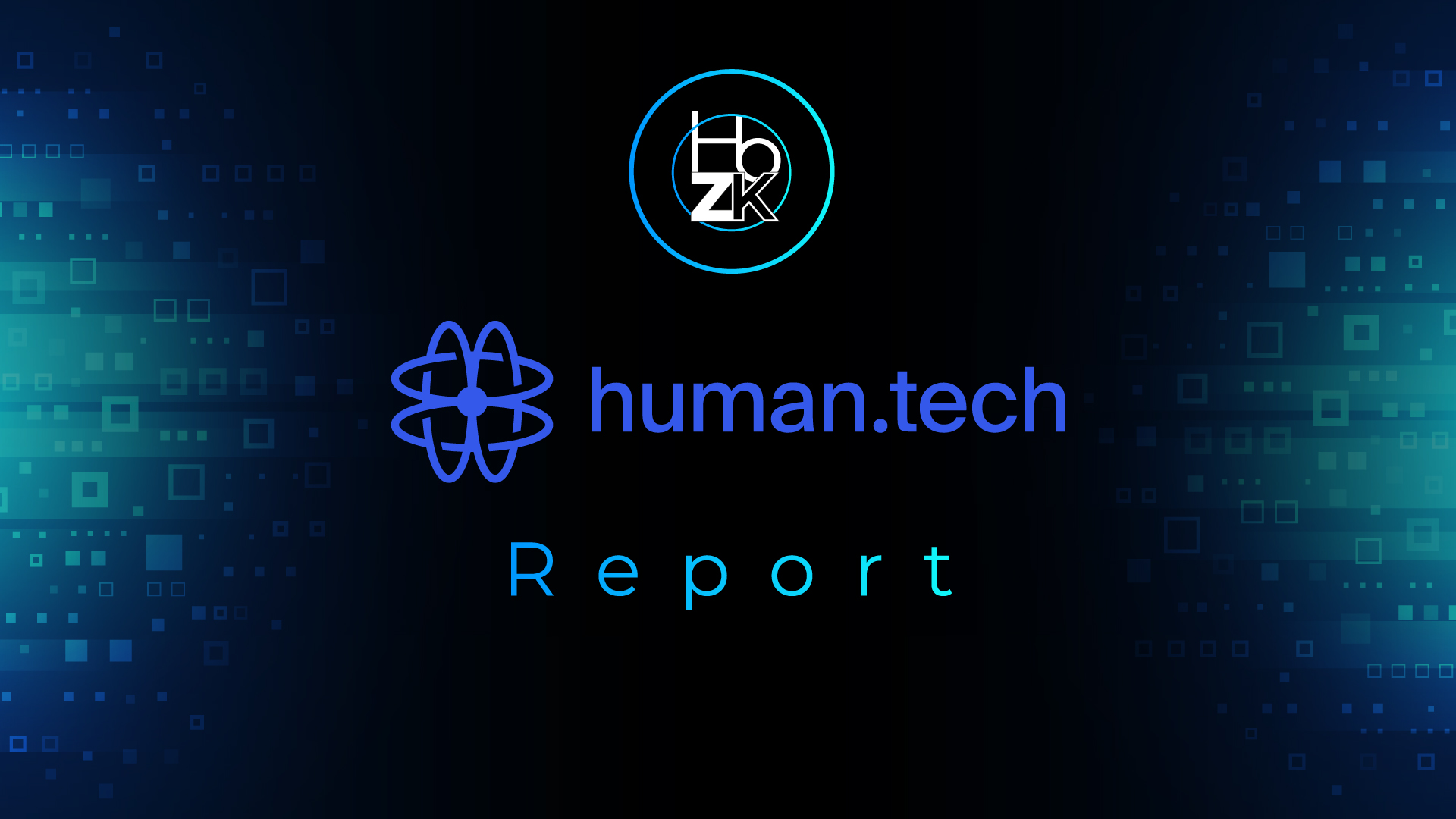
@0xHolonym announced that its Wallet-as-a-Protocol (WaaP) will migrate its two-party computation (2PC) signing system to @ikadotxyz’s decentralized MPC network: https://human.tech/blog/our-wallet-as-a-protocol-is-now-secured-by-ika-s-2pc-mpc
The integration distributes wallet security and transaction policies across non-collusive nodes, reducing central points of failure. While the user experience remains unchanged, developers can now choose a decentralized signing backend. Full rollout of Ika’s programmable security and policy features is expected by the end of Q4 2025.
Human Passport
@HumnPassport has launched Passport Embed, a lightweight React component that lets websites and apps verify users’ humanity directly on-page, without redirects: https://passport.human.tech/blog/passport-embed-is-live-bring-privacy-preserving-proof-of-humanity-directly-into-your-dapp-or-website
Powered by the same backend used in over 150 campaigns, it combines on-chain signals and modular “Stamps” to confirm real users while preserving privacy. Projects can choose verification depth, customize design, and improve conversion by reducing friction in user flows.

Anon Aadhaar
@MinaProtocol has introduced “Anon Aadhaar” in o1js, adapting the original @PrivacyEthereum concept for its ZK framework: https://x.com/MinaProtocol/status/1978208211363913847
The project enables users to verify details like being over 18 without revealing personal information. Using Mina’s recursive SNARKs, proofs are created in-browser and verified on-chain. Built by @minabuilders, the open-source demo showcases privacy-focused digital identity solutions.
Publications
Mina published an article explaining how @ZekoLabs, a ZK rollup built within the Mina stack, enhances scalability and user experience for ZK apps: https://minaprotocol.com/blog/bringing-the-mina-stack-to-life-with-zeko
The Mina Protocol keeps its blockchain verifiable at a constant 22KB size using recursive proofs, ensuring accessibility and decentralization.
Zeko adds faster execution, privacy-preserving computation, and batched settlement to Mina’s secure foundation, delivering up to 100× faster performance for zkApp developers.
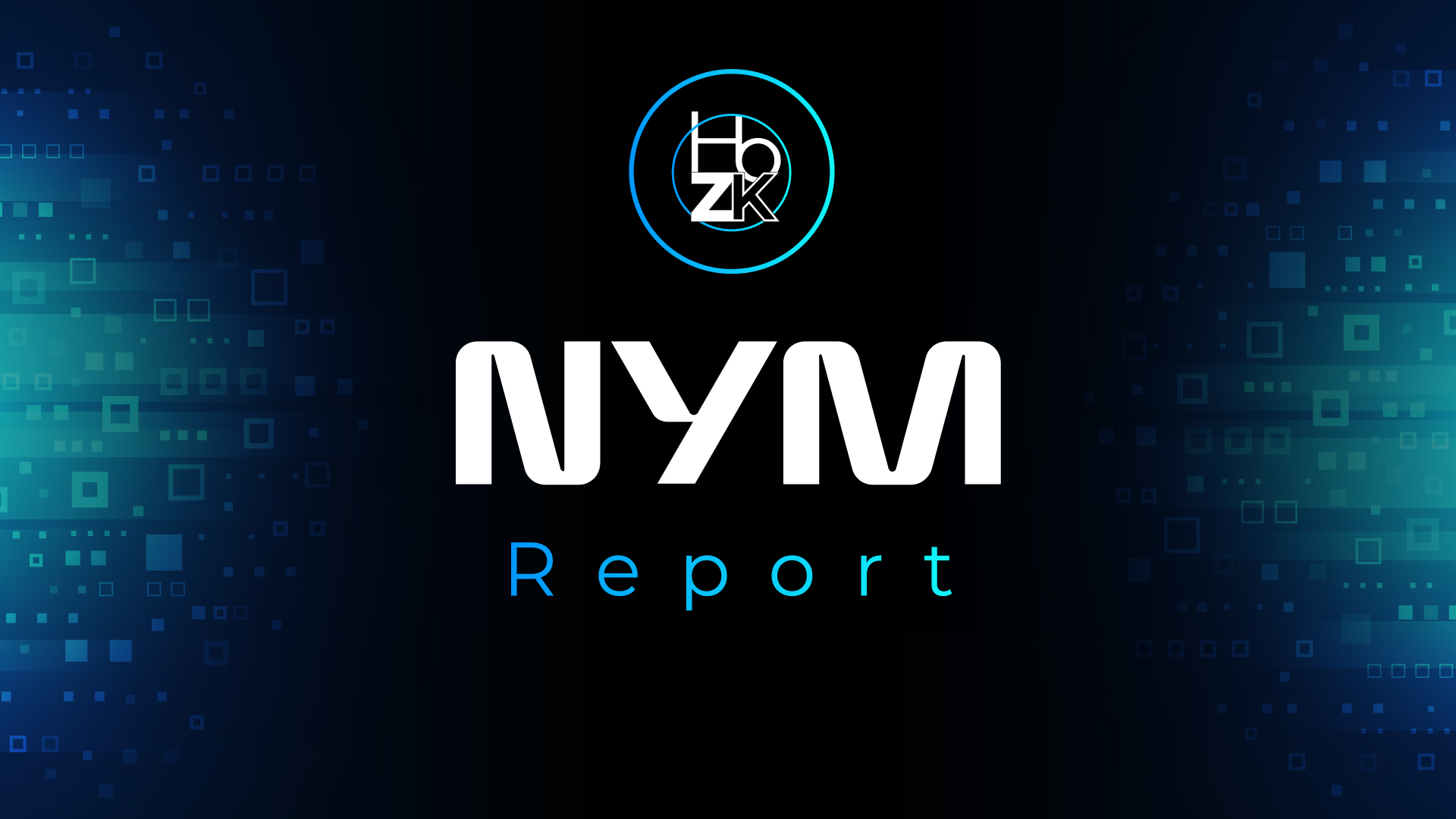
@nym team has released NymVPN v2025.16 for Windows, Linux, and iOS, with MacOS and Android updates coming soon: https://nym.com/blog/nymvpn-v2025.16
The update improves gateway selection by displaying top-performing nodes, enhancing speed and reliability. It also introduces groundwork for QUIC protocol support to strengthen censorship resistance.
Additional updates prepare LAN bypass functionality and U.S. state-based gateway selection, alongside fixes for connection and interface issues.
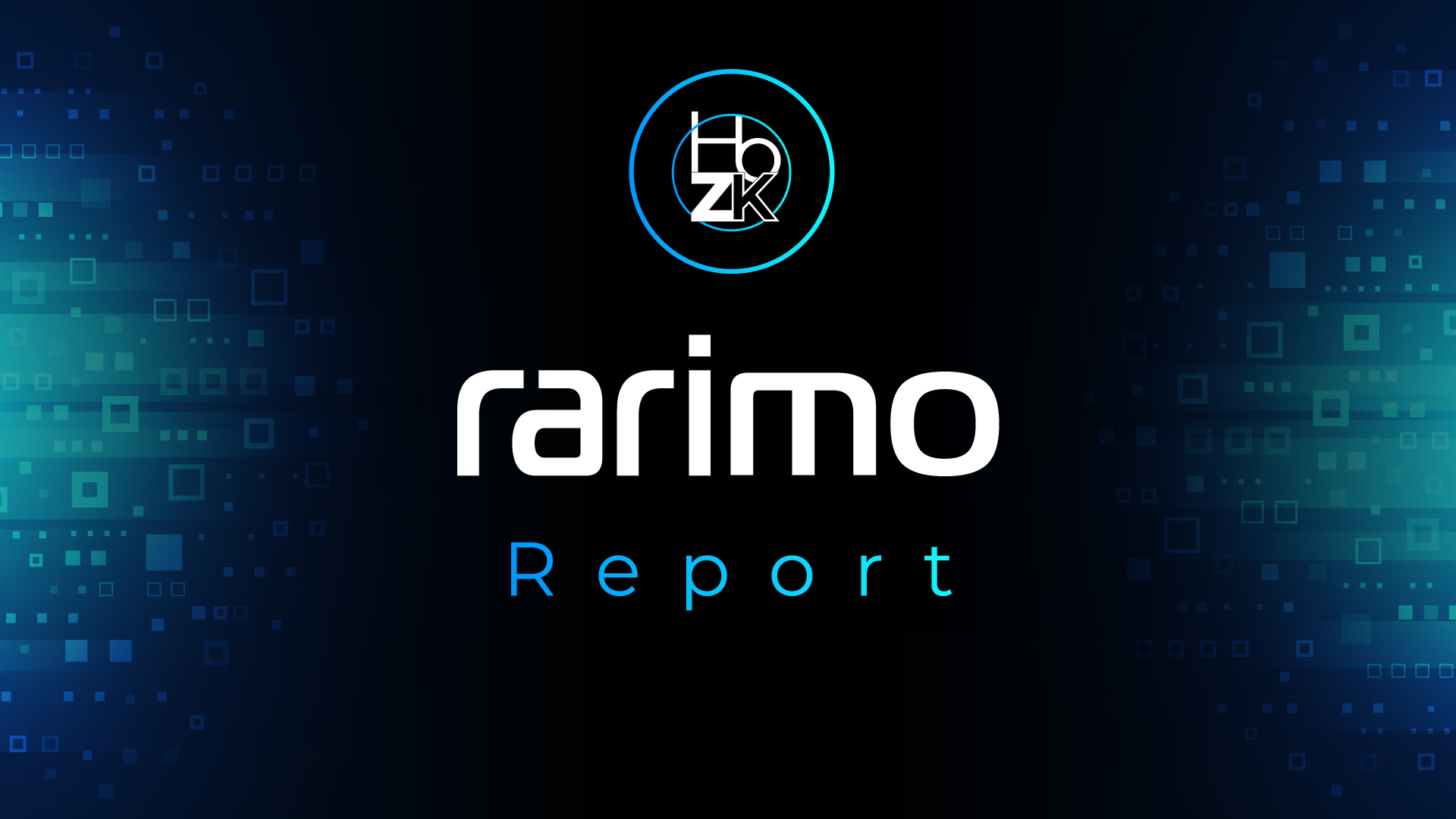
Researchers from @Rarimo_protocol and @distributedlab introduced Bionetta, a ZKP framework optimized for client-side machine learning: https://arxiv.org/abs/2510.06784
Built on the Groth16 proving system with an UltraGroth extension, it leverages R1CS arithmetization and lookup tables to reduce the complexity of non-linear operations.
Unlike existing zkML frameworks, Bionetta achieves compact proof and verification key sizes while enabling neural network inference proofs to run efficiently on mobile devices and be verified directly on EVM smart contracts, maintaining low on-chain computational overhead.
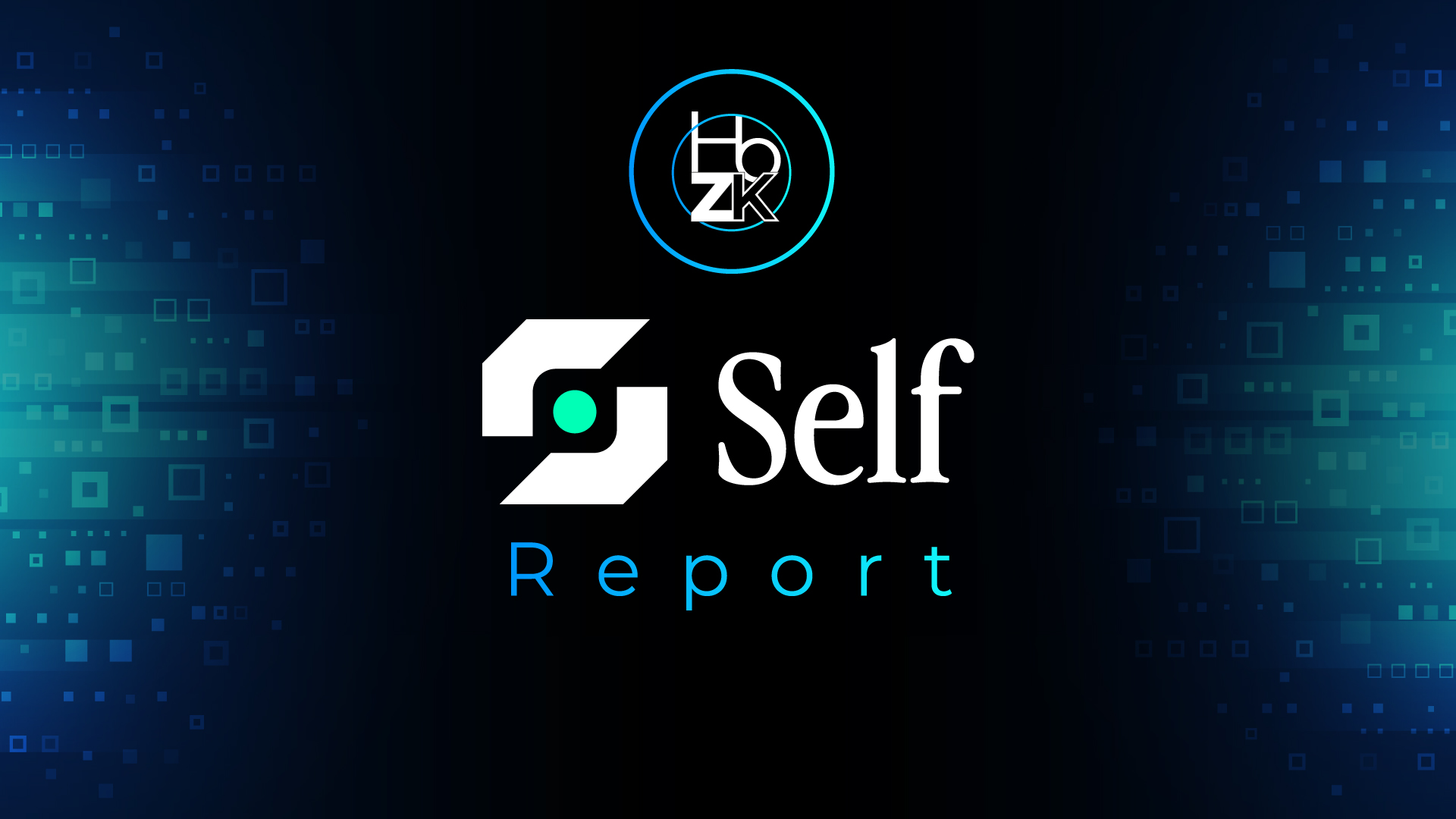
@selfprotocol shared an article explaining how its Product Design Lab uses the ‘fog of war’ metaphor to describe the growing uncertainty in digital environments shaped by AI agents, bots, and impersonators: https://self.xyz/blog/the-fog-of-war-part-1
The team focuses on detecting these threats early and turning them into trustworthy design solutions. Through scenario mapping, they explore issues like Sybil attacks and proof of humanity, creating seamless verification flows that protect privacy while keeping user experiences natural for both developers and end users.

In collaboration with other prominent researchers, @TACEO_IO has introduced Poseidon2b (https://eprint.iacr.org/2025/1893), a binary-field adaptation of the 2023 Poseidon2 hash function: https://x.com/TACEO_IO/status/1978414566506901582
Unlike earlier versions that operated over prime fields, Poseidon2b works on binary extension fields, making it more efficient for bit-level operations and modern ZKP systems.
The design focuses on reducing computational cost and circuit complexity while maintaining security. Essentially, Poseidon2b preserves Poseidon’s proven structure but redefines it for faster, bit-native cryptographic performance.
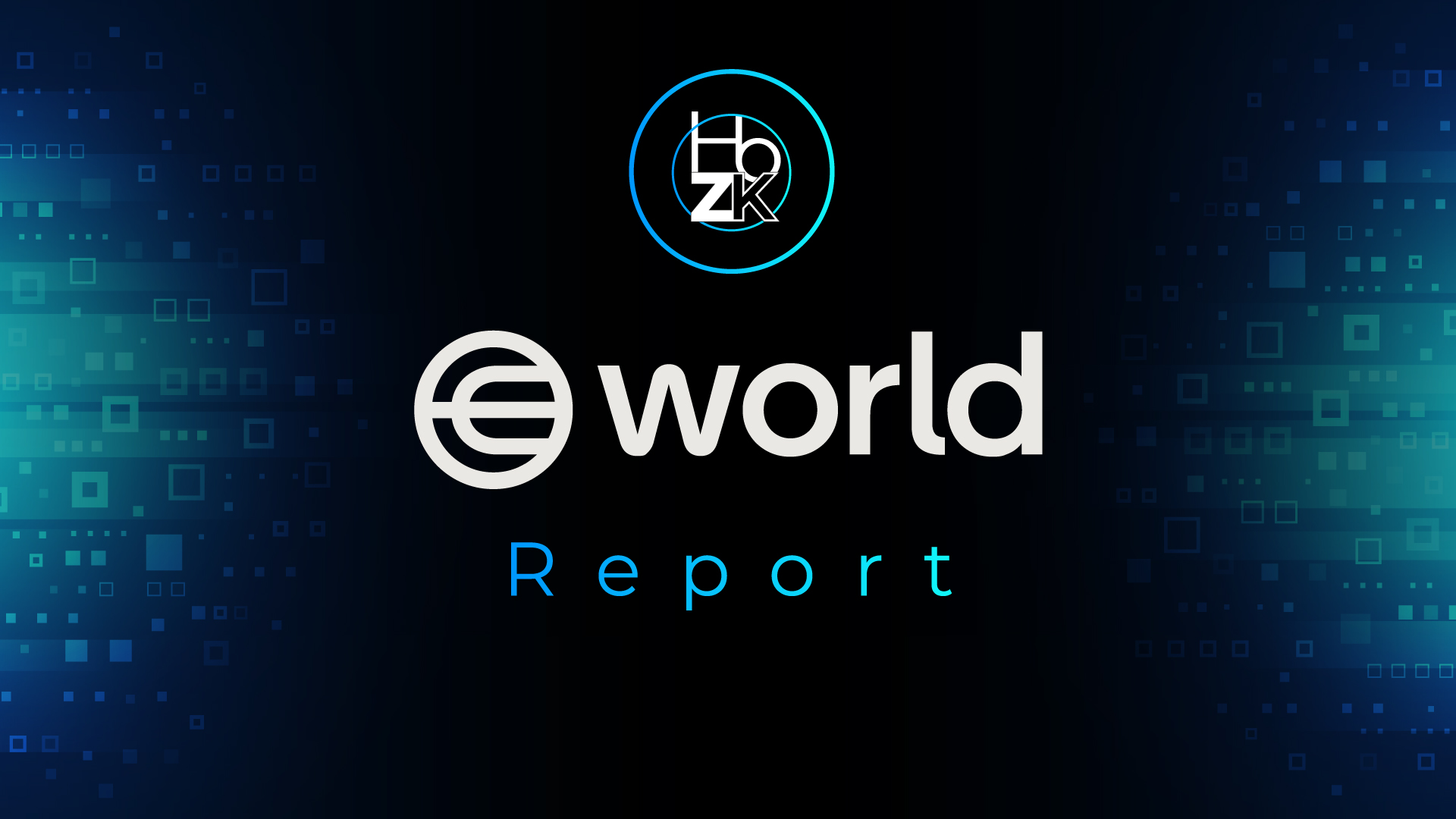
@worldcoin published two articles examining how AI blurs the line between real and synthetic, exposing new forms of digital fraud and the need for proof of human verification:
• The first article explains how digital fraud has shifted from stealing data to stealing identity itself. It shows how bots, voice cloning, and fake profiles exploit systems and people, while traditional security fails to confirm real humanness. World ID offers a privacy-first way to verify that users are truly human, helping restore trust online: https://world.org/blog/world/the-rising-tide-of-digital-fraud
• The second article covers how deepfakes make “seeing and hearing” unreliable. With just a few seconds of audio, criminals can create convincing impersonations that bypass every defense. Instead of detecting fakes after the fact, World ID proves human authenticity before interaction, protecting people and institutions without sacrificing privacy: https://world.org/blog/world/when-3-seconds-of-audio-can-steal-everything
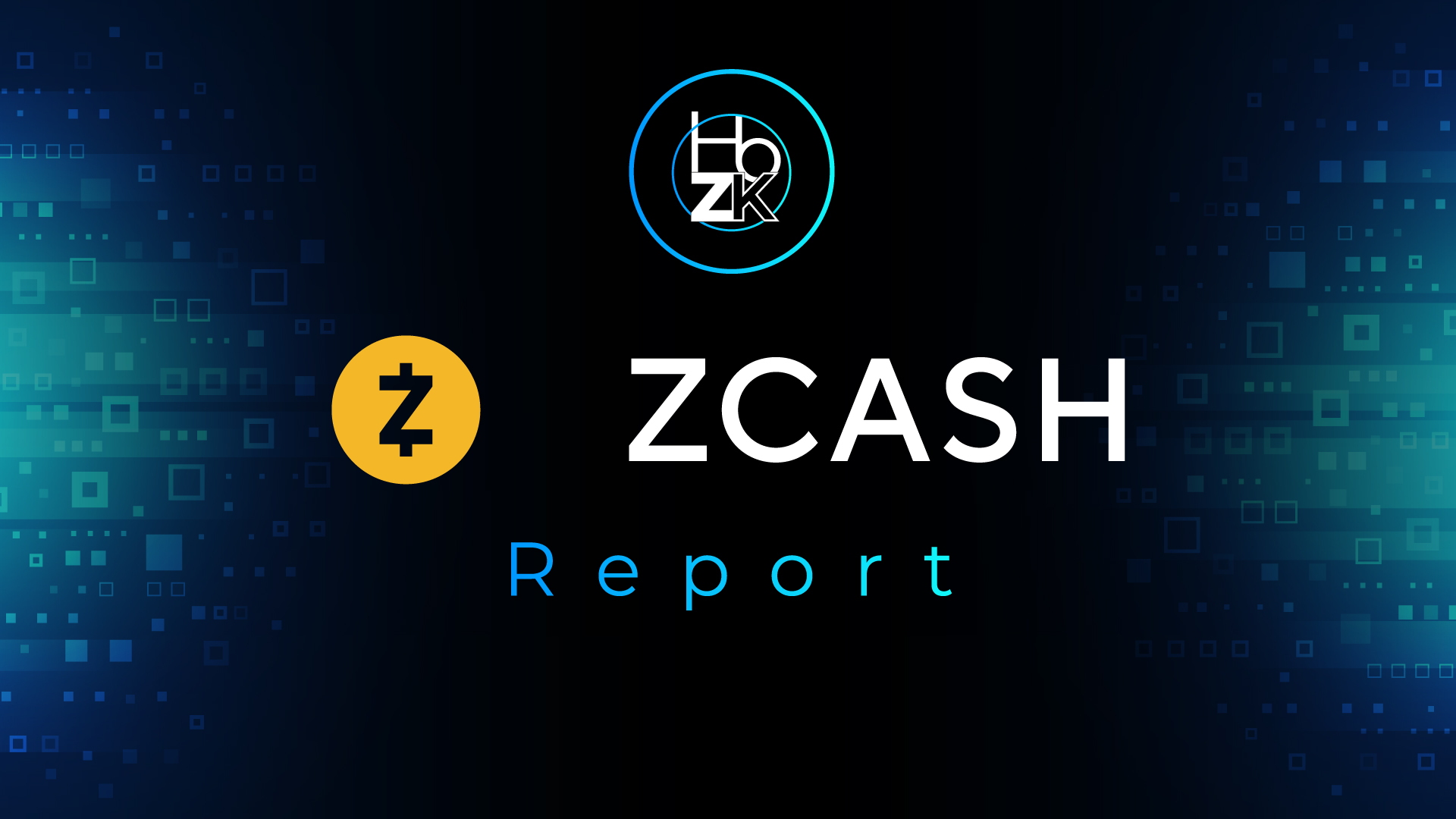
@Zcash shared several important updates reflecting its ongoing progress in privacy technology and ecosystem development: https://zechub.substack.com/p/zcash-shielded-news-vol53
Highlights:
• Zolana Bridge Launch: The new bridge connects Zcash, @NEARProtocol, and @solana, enabling users to swap tokens and withdraw ZEC directly on the Solana network. It combines Zcash’s privacy with Solana’s DeFi speed.
• DC Privacy Summit: Experts and policymakers met in Washington, D.C., to discuss privacy, cryptography, and regulation, with talks on digital identity, data protection, and the balance between privacy and innovation.
• @BtcpayServer Update: ZCG introduced Orchard and Unified Address support, allowing merchants to receive shielded ZEC payments directly within BTCPayServer.
• Zcashd and @ElectricCoinCo Progress: Updates include faster sync times in Zebra, Zallet’s full-node wallet Alpha, and @zashi_app app improvements with over 17,000 iOS installs.
• NU6.1 Activation: The upcoming network upgrade will introduce a new funding model, allocating 20% of block rewards to community and coinholder initiatives, further decentralizing governance.
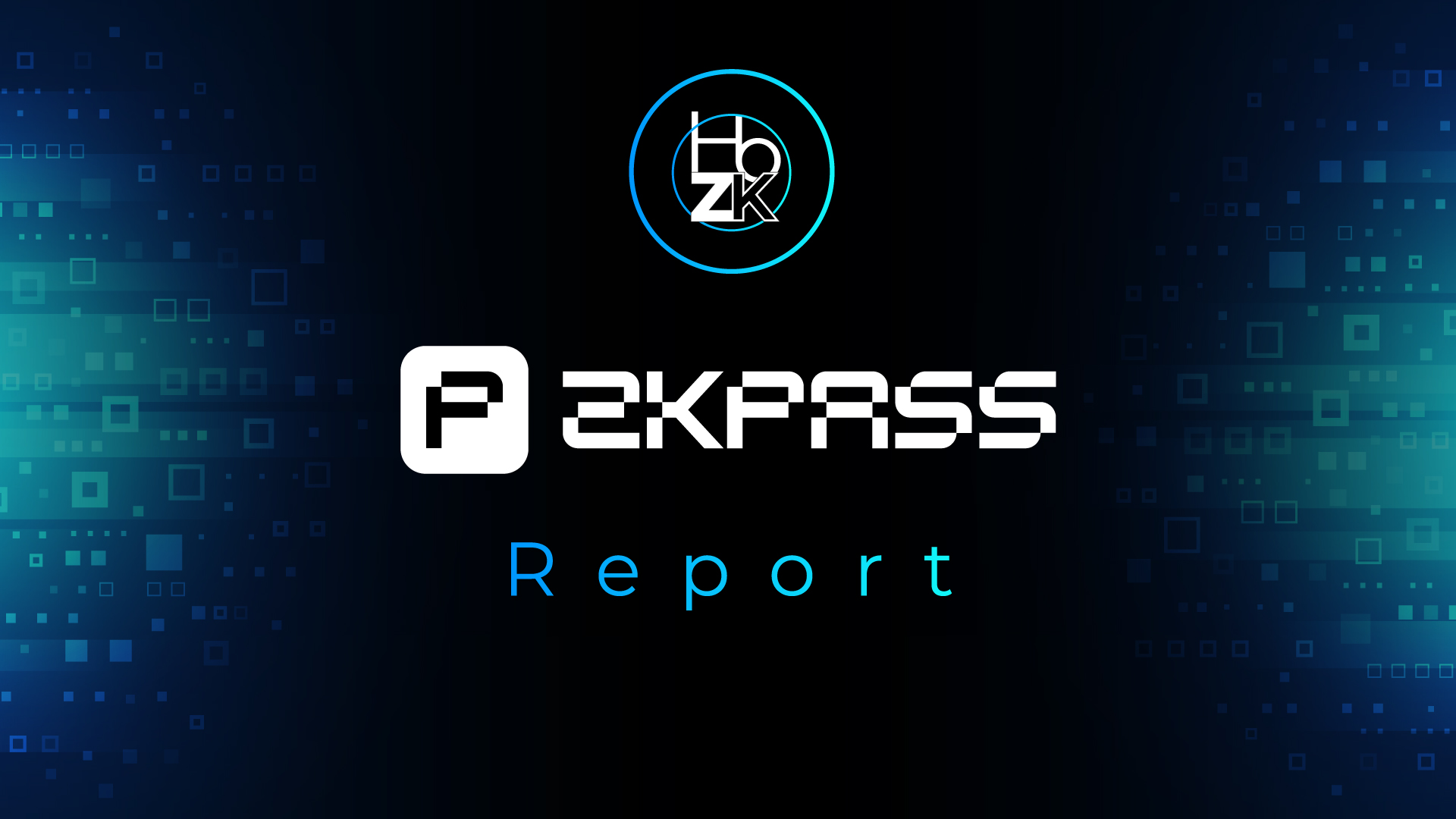
@zkPass has introduced the Verifiable Application Acceleration Program (VAAP) to support developers building proof-based, privacy-preserving applications: https://medium.com/zkpass/introducing-the-verifiable-application-acceleration-program-vaap-5868dcf5cee5
Backed by $5.5 million in strategic funding, the program offers technical tools, compliance guidance, and go-to-market support for teams creating verifiable systems.
By allowing users to prove information without exposing personal data, zkPass aims to expand adoption of trusted digital infrastructure across industries and strengthen the foundation of the emerging Verifiable Internet.